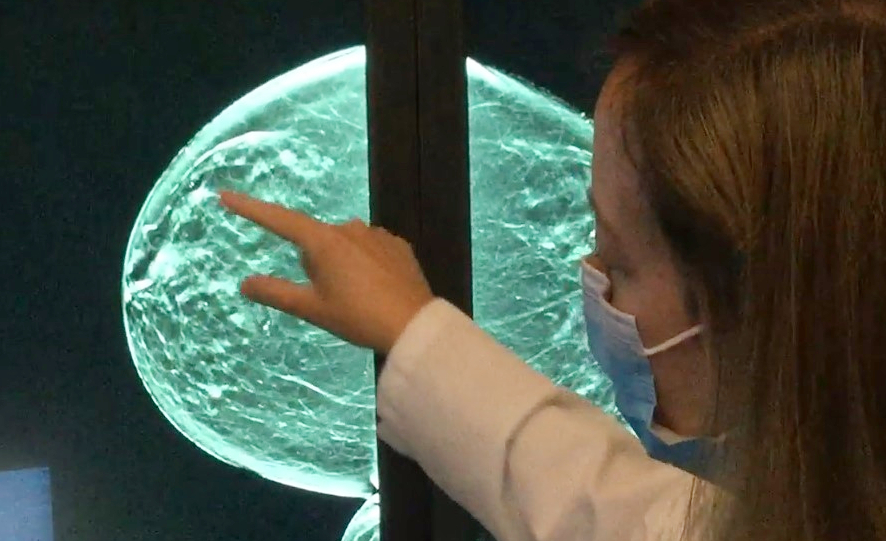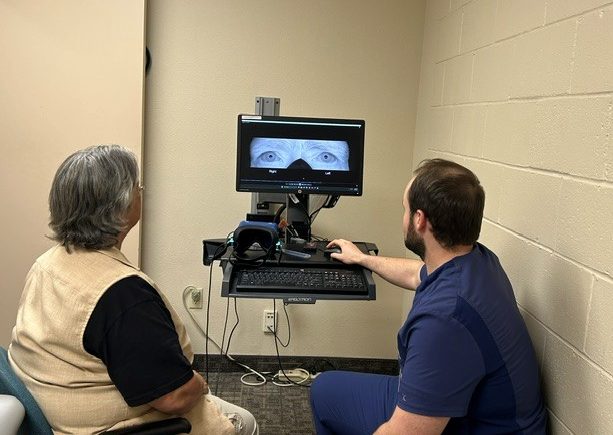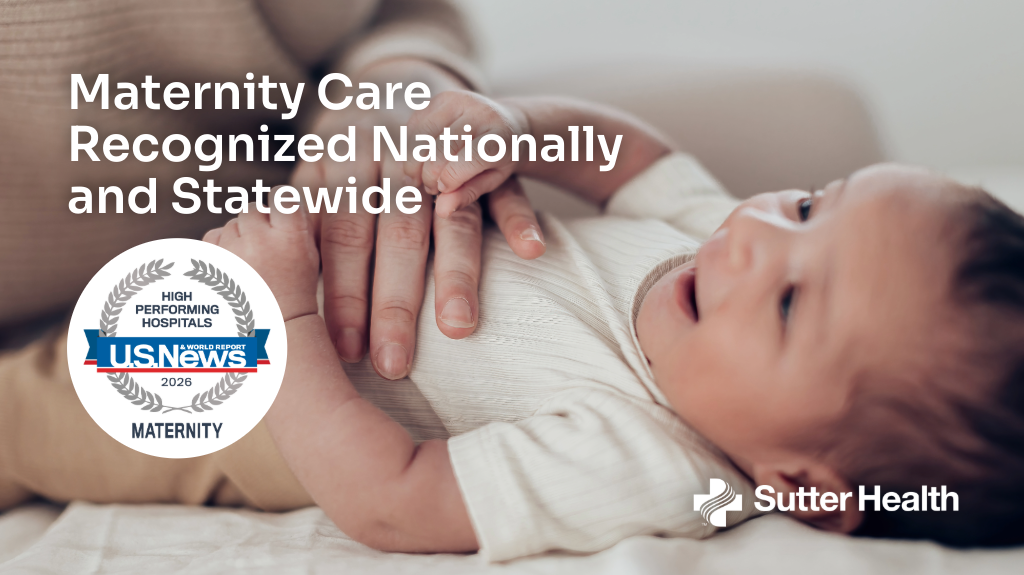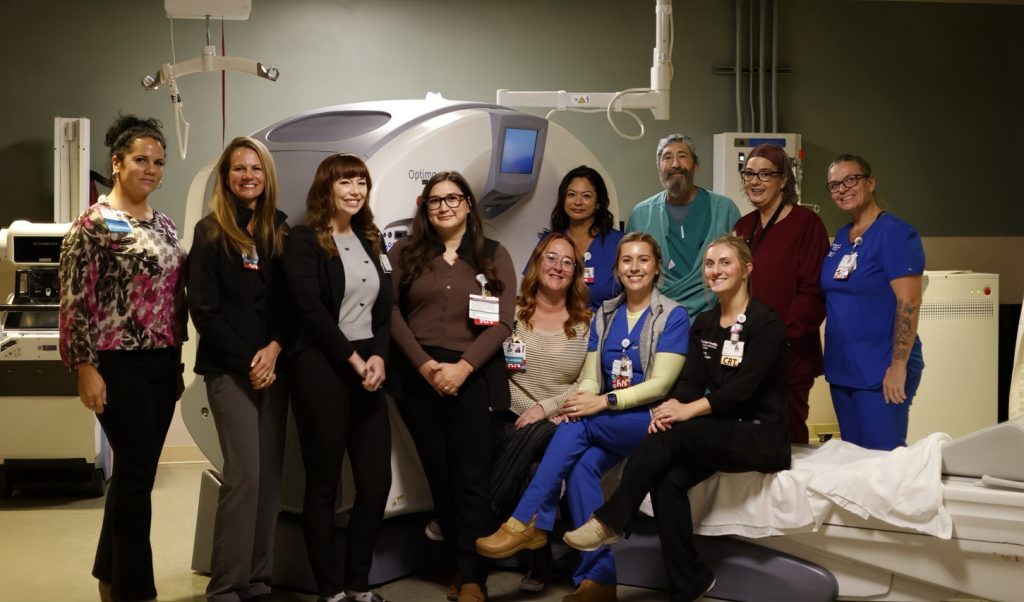Research by one of the nation’s largest healthcare networks found that 100,000 women in Northern California haven’t had a mammogram in more than two years, and breast imaging specialists are concerned this will lead to diagnoses of more developed cancers that will be tougher to treat.

“We want to prolong these patients’ lives by catching their cancers early when they are treatable,” said Dr. Anjali Shah, M.D., a breast imaging specialist at Sutter’s Carol Ann Reed Breast Health Center in Oakland.
Three radiological physicians from the Central Valley and Bay Area showed a united front during interviews with the media this week and pleaded with these women: Don’t put off your mammogram any longer.
“The worry is that, if we’re not catching the breast cancers early … they’re going to be harder to treat and mortality is increased, and that is really what we’re trying to avoid,” said Dr. Anjali Shah, M.D., a breast imaging specialist who works primarily at Sutter Health’s Carol Ann Reed Breast Health Center in Oakland. “We want to prolong these patients’ lives by catching their cancers early when they are treatable, and the way to do that is by getting your annual screening when you are asymptomatic.”
The numbers by Sutter Health’s radiology services show that thousands of Northern Californians put off lifesaving breast and colon screenings during the COVID-19 pandemic, and many have continued to delay their care. The concern, the Sutter radiologists said, is that hundreds of women who are overdue for their mammograms now have breast cancer that is progressively getting worse.
Dr. Miyuki Murphy, the director of breast imaging for Sutter Imaging in the Valley Area, said breast cancer will affect one in eight women and, nationwide, 40,000 women die from breast cancer each year. However, she pointed out, if the cancer is caught early, the survival rate is 99 percent.
“But if we catch it later when it’s bigger and has had a chance to spread, the survival rate drops to 28%,” she said. “So the key here is to find the cancer when it’s early, and that’s done with a regular screening mammogram.”
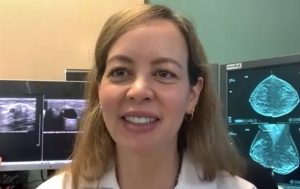
Dr. Miyuki Murphy, a medical director of breast imaging in Sacramento and Roseville, fears that “there’s an awful lot of patients walking around with a breast cancer right now, which is growing and potentially getting worse.”
Dr. Murphy said that the 100,000 figure of overdue mammograms doesn’t include those women who went to another healthcare system for their breast screening from January 2017 to June 2019. She notes that radiologists detect breast cancer in five out of every 1,000 breast scans, so for every 100,000 women who are overdue, there are at least 500 women will have breast cancer.
“There’s an awful lot of patients walking around with a breast cancer right now, which is growing and potentially spreading,” Dr. Murphy said. “We would really like to encourage patients to get in and have their screening mammograms done.”
Dr. Rita Sohlich, who leads a team of breast imaging specialists for Sutter’s Palo Alto Medical Foundation in the South Bay, says “screening mammography saves lives, and our technology has come a long way. Thanks to the advent of digital breast tomosynthesis, also known as 3D mammography, radiologists are able to detect more cancers, particularly invasive (important) cancers.”
Treatments for breast cancer have also gotten better, the radiologists said. Breast cancer specialists at Sutter centers work hand-in-hand with the oncological team to help in battling the cancer.
“Don’t be afraid (that we may detect cancer) because if there’s something there, we will take care of it,” Dr. Sohlich said. “Thanks to our oncology, radiation and surgical colleagues, we’re all a team, and we work as a team to save your life and get you treated. So the breast cancer becomes just a blip in your existence. That’s our goal.”
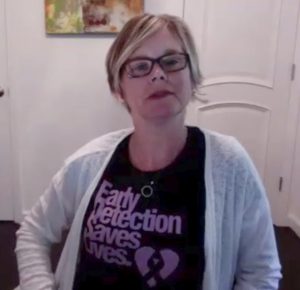
Dr. Rita Sohlich of Sutter’s Palo Alto Medical Foundation wore an appropriate T-shirt for the press event. “My plea is that these women put on their very, very long to-do list: ‘Get my screening mammogram,’ “ she said.
The radiologists pointed out that safety measures – including sterilization of all surfaces after every scan, masking of all staff and patients, and social distancing – should assuage any fears that women may have of the lasting effects of the pandemic.
Appointments are available at most Sutter breast imaging centers, and Sutter patients can use their My Health Online app or online to make an appointment, and those who don’t have a Sutter primary-care physician can call the nearest breast imaging center to see if their insurance will be accepted. Those centers and more information can be found at www.sutterhealth.org/services/imaging/breast-imaging.
“My plea is that these women put on their very, very long to-do list: ‘Get my screening mammogram,’ “ Dr. Sohlich said. “We want them to allow us to put ‘the girls’ in the machine. Tell your spouse, your mom, your sister, your niece to make that appointment.”

